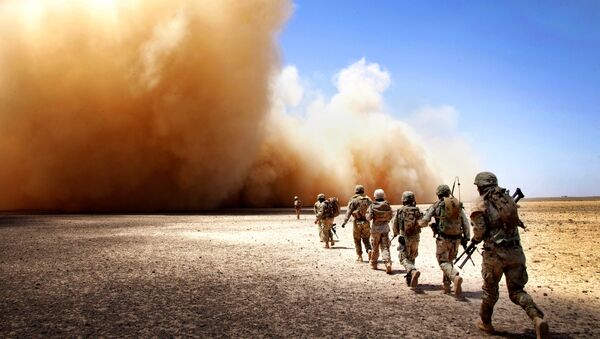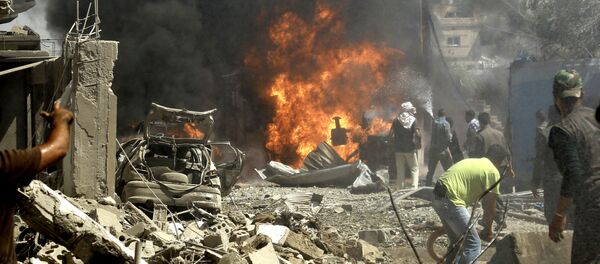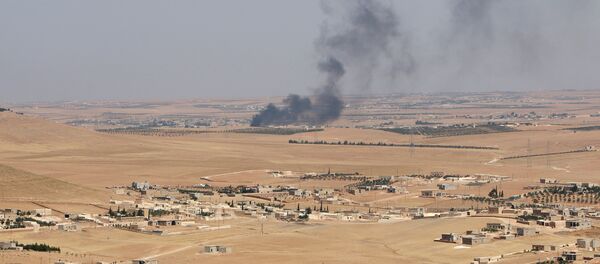Washington's image in the region has also been tarnished.
"What is most important, in the region where power, including military power, is worshiped, the United States is perceived as a country that has been unable to resolve any issue and that has decided not to take part in the affairs of this strategically important and dangerous region of its own free will," he said.
Indeed, the United States scaled down its military presence in the Middle East when Barack Obama came to power, pledging to end America's costly military engagements in Iraq and Afghanistan.
For its part, Moscow's foreign policy in the Middle East appears to have been successful.
"There is a real military presence in Syria, but it is not so massive that fatalities would start to affect public opinion at home. Relations with Tehran are challenging, but working, even close despite the fact that Iranians have traditionally disliked Russia," the journalist suggested. "They are ready to use close ties with Moscow as a counterbalance to rocky relations with the US."
Egypt, under Field Marshal Abdel Fattah el-Sisi, Egypt, "has increasingly gravitated towards Russia," Eggert added.





